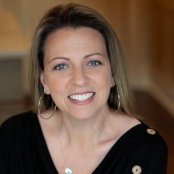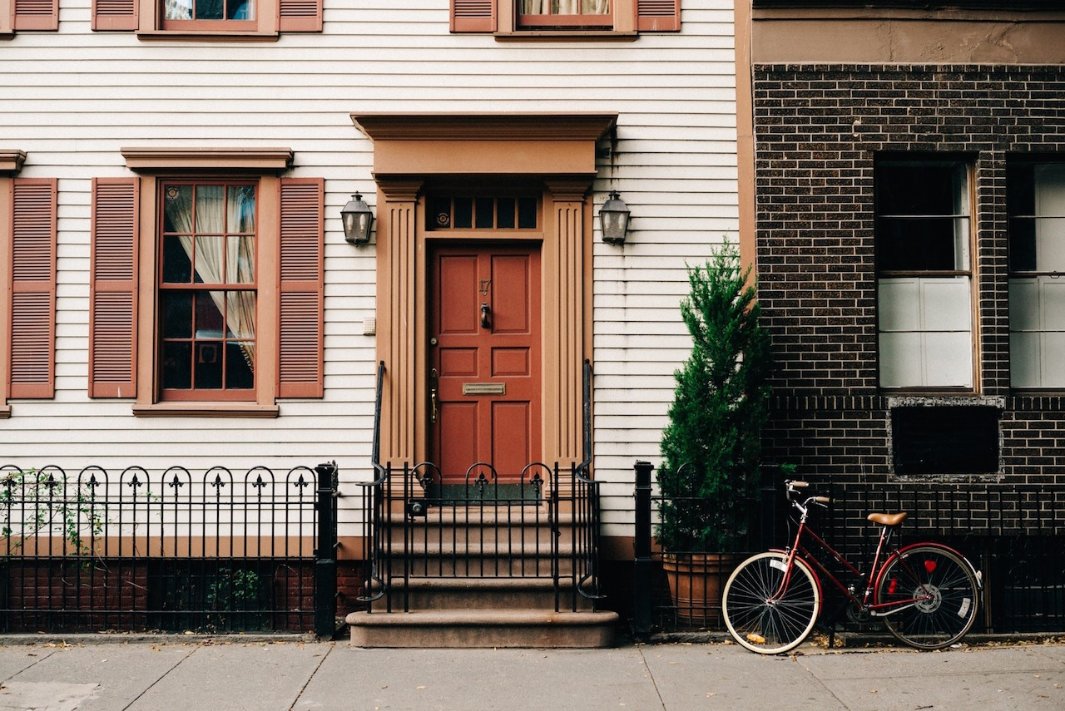First-time home buying: Defining your budget
You've made the decision to buy your first home. Maybe it's because you're tired of renting and you want a place you can call your own. One thing's for sure, once you're mortgage ready, we'll help you master the home buying process with ease.
First up; let's talk money.
The key to start the home buying process is to understand your financial status. That's where a loan officer comes in.
We spoke with one of our Movement Mortgage Senior Loan Officers, Ed Butler, to break down your budget. Here's what may surprise you about the process.
- Down payments can be less of a challenge with flexible mortgage programs
- You may be able to buy a home with a very low or no down payment*
- You may be eligible for down payment assistance*
- Your down payment ultimately affects your total mortgage payment
How much do first-time homebuyers have to put down on a home? A common misconception is that you need to put 20 percent down. With Movement, three percent minimum down options are available for qualified borrowers and with some loans, no down payment is needed. Want home loan options? We've got them.
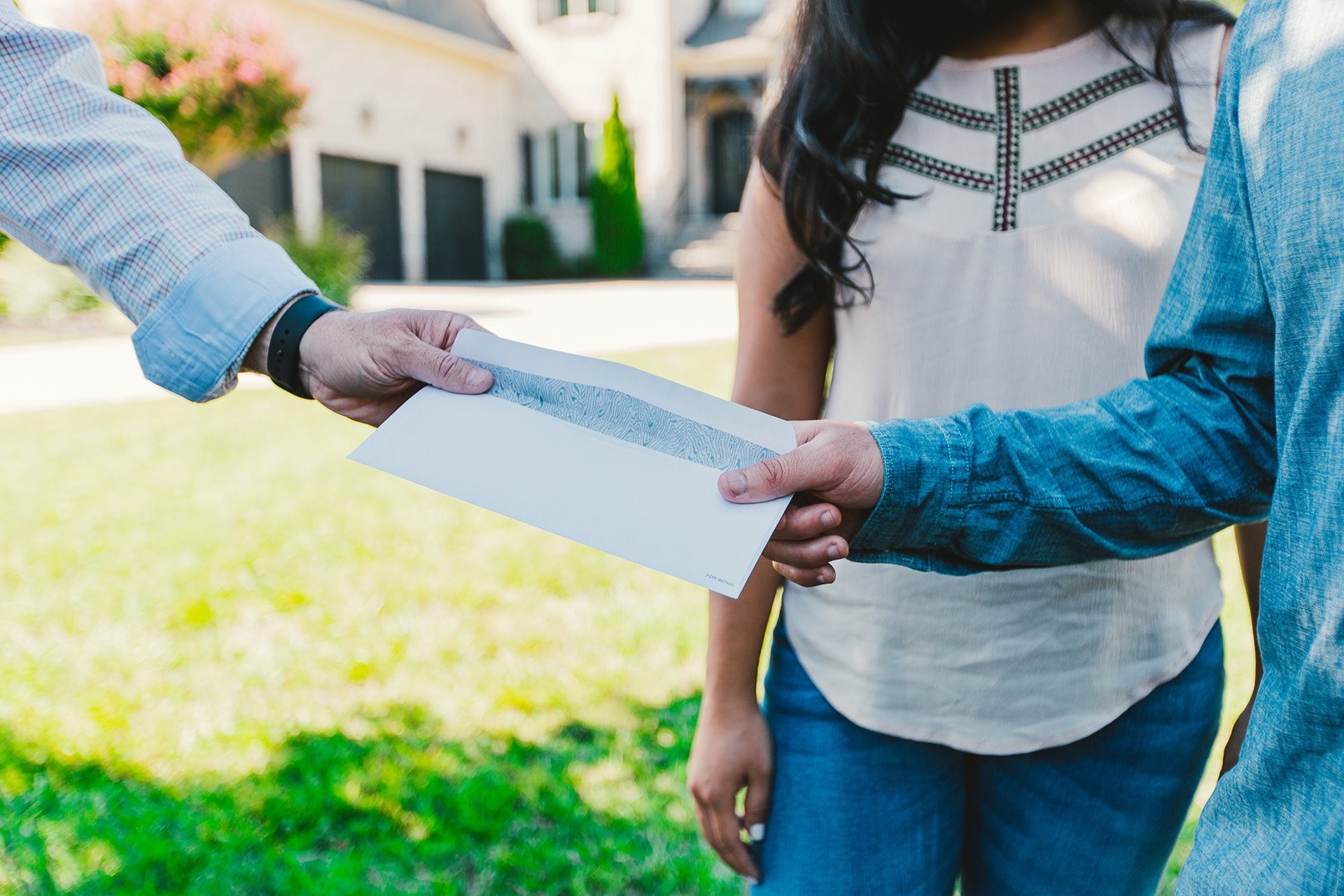
Your loan officer will sit down with you to go over your home buying budget so you know what you can afford before you start your search. Butler says you may be surprised by how much mortgage you qualify for, but be prepared for potential unexpected costs associated with the process i.e. appraisals and inspections.
Did you know if you ask nicely, your parents may offer to gift you the down payment? Mom and dad to the home buying rescue. If you plan on putting your own money down, your loan officer will explain the different resources they allow it to come from. Then, there are always the 100% financing qualifying options.
Save the money
When saving for a new home, there are three areas you need to focus on.
First and foremost, start saving for your loan officer-estimated down payment. Once you've found your dream home, you'll want to act on it quickly and that includes paying your down payment.
Next, save for your home buying expenses like closing costs, and deposits. Butler says to start saving for the inspection, appraisal and earnest money deposit that come up when writing an offer. These costs can hit your bank account hard if you're not ready.
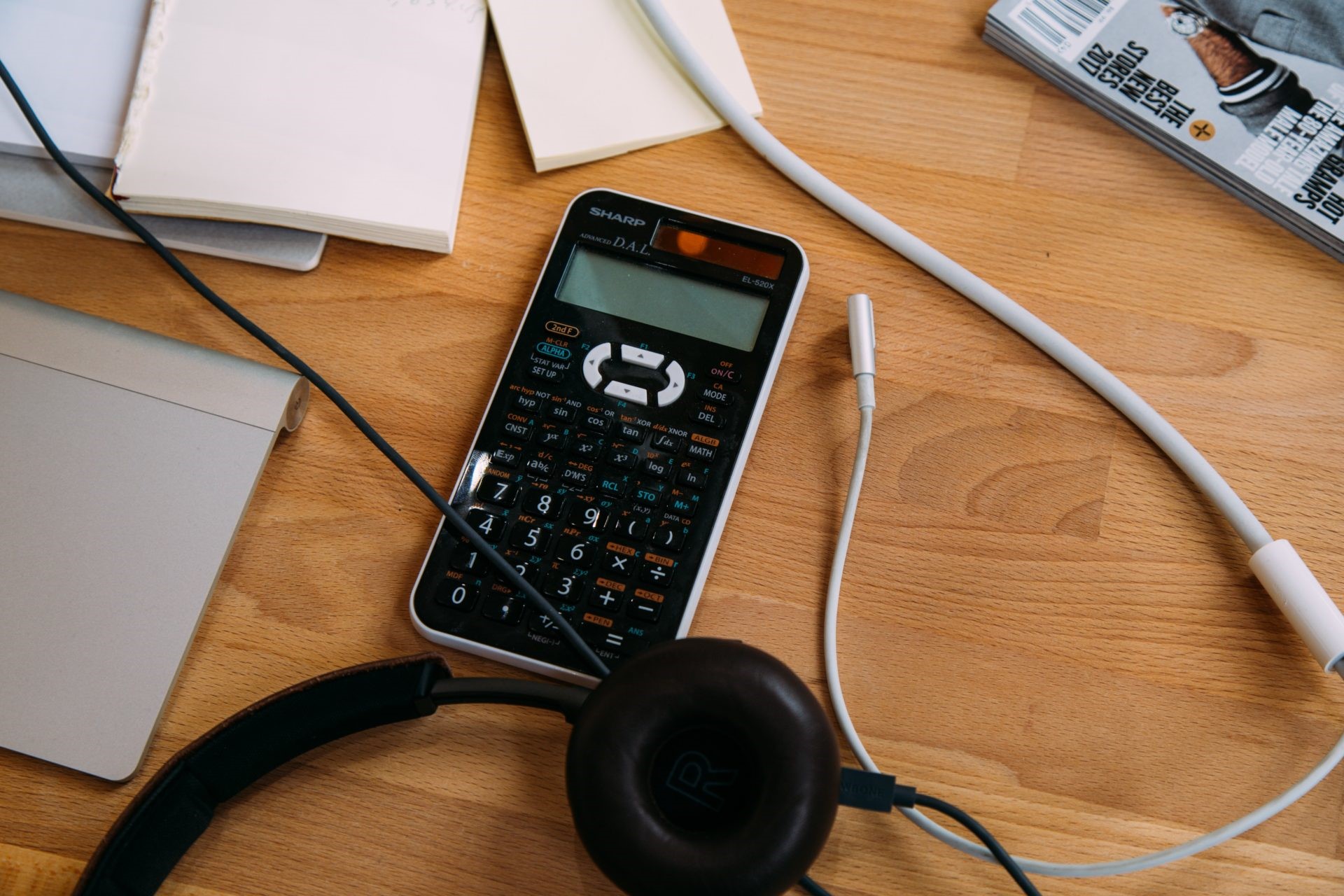
Calculate your normal recurring expenses into your budget like your incessant phone bill and pesky car payment. Once you know how much money goes toward those payments, you'll know how much is left to go into your new home.
Finally, cash reserves and emergency funds are encouraged when buying a home. Life happens and expenses pop up. You don't want to pull that money from your down payment savings for that new set of tires.
Remember, this money is to be set aside until needed.
See if you're pre-approved
Butler says your pre-approval will be pretty accurate depending on taxes, insurance and final rates when locked. Once you've found your home, your loan officer can use correct house data to have an extremely close to accurate pre-approval.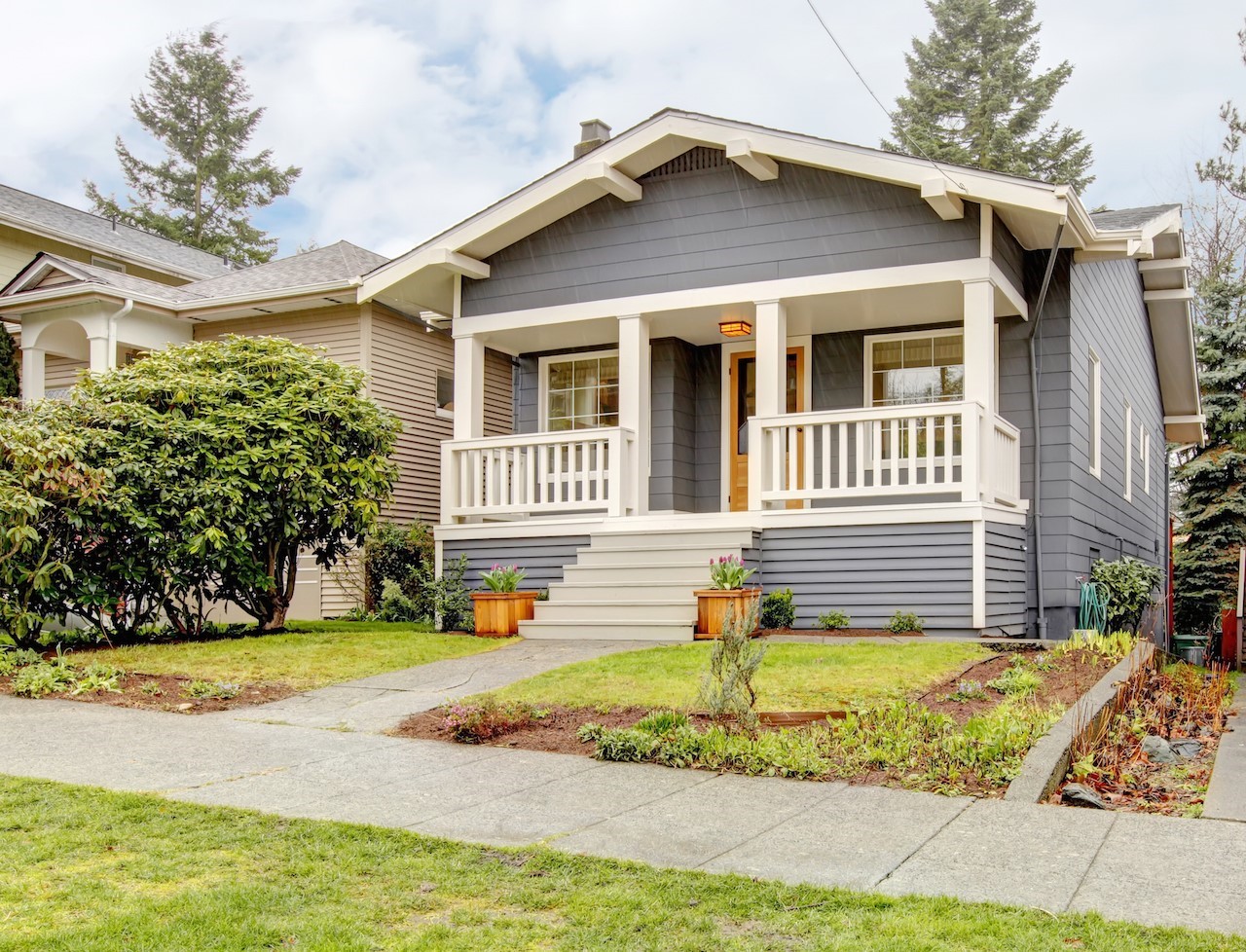
Now, you're a borrow master and can start your home search.
*For qualified borrowers
